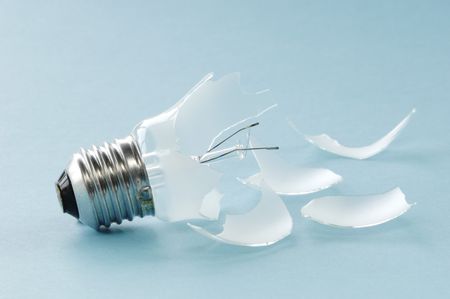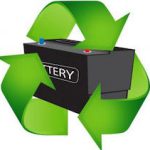This past week Trump’s Energy Department announced a relaxation of a set of light-bulb energy efficiency standards (EISA) first implemented under George W. Bush and finalized under Obama. The standards were set to go into full effect in January 2020 (eliminating incandescent versions of three-way bulbs, candle-shaped, globe-shaped and reflector bulbs).
The autistic screeching from the corporate press and leftist “public policy” lackeys only underscores the lengths to which “the Cathedral” will go to in order to maintain the hell-fire of climate alarmism. For Cathedral adherents the sky is quite literally falling. It is because of their prescient guidance that the rest of us are corralled into doing “the right thing” – namely spending $10 on a bulb to save $15 in electricity – over the next 30 years. Even though the market has always deprecated older technology in favor of newer, we just can’t wait when it comes to energy efficiency. In the words of New York Times columnist John Schwartz, we need the federal government to “force(d) Americans to use more energy-efficient light bulbs.” Please note that “force” here is a politically correct euphemism for “threaten with initiatory violence”. Now it is true, force can solve problems quickly. All the mugger needs to do is to wave his gun in my face and moments later his monetary problems are solved. One would like to believe that in the “land of the free” such state sponsored aggression would not be so readily lauded as the primary method deployed against perceived societal problems. Of course I do not expect the state to abjure this special power it has any time soon, it is the qua sine non of every state/government. When a such a body dictates to the citizenry what they may or may not manufacturer and buy, then that country is no longer entitled to call itself “the land of the free” or claim “liberty and justice for all.”
One of the more vocal critics of this rollback, an Andrew deLaski of the Appliance Standards Awareness Project went on record with some rather eyebrow-raising comments. For example
“The Trump administration is trying to protect technology that was first invented in the 1800s. It’s like trying to protect the horse and buggy from the automobile technology.”
Correct me if I’m wrong, but as I recall the government did not OUTLAW the sale or manufacture of the horse and buggy in favor of promoting the automobile. Consumers transitioned to the newer technology over time at a rate mediated by both the cost and advantages of the new technology.
To imply that removing regulations that are annihilating an industry is equivalent to “protecting” said industry makes about as much sense as saying someone who was in the process of knifing you to death but then pauses and begins to only punch you in the face is actually now “protecting” you. The truth is the polar opposite. The manufacturers of fluorescent and LED bulbs are the ones receiving state protection insofar as competing technology have being outlawed. But we’re “protecting” the planet so greater good trumps all. Makes one wonder what the left is capable of when they eventually hold power and the climate apostates are in their cross hairs. In the words of Cole Porter I suspect it will be “anything goes!”

